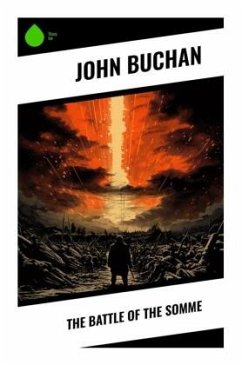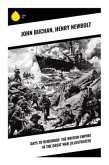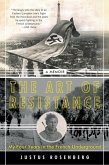In John Buchan's poignant work, "The Battle of the Somme," readers are drawn into the harrowing landscapes of World War I, where the brutality of trench warfare contrasts sharply with the noble resolve of the soldiers. Buchan employs a vivid, yet restrained literary style that mirrors the solemnity of the event, weaving together first-hand accounts, military analysis, and poignant reflections on the human cost of war. Set against the backdrop of the early 20th century, the book encapsulates the cultural and historical milieu that shaped public perception of the Great War, ultimately serving as a testament to both sacrifice and the stark realities of conflict. Buchan, a soldier, politician, and writer, had a profound grasp of the socio-political climate of the time. His experiences in intelligence during the war and his keen understanding of British imperial ideals provided him with a unique lens through which to articulate the complexities of the Battle of the Somme. Having witnessed the devastation and valiance first-hand, his narrative blends both a patriotic fervor and a critical examination of the implications of war, reflecting his own ambivalence towards imperialism. "The Battle of the Somme" is a compelling read for those intrigued by military history, literature, and the human experience during times of conflict. Buchan's ability to convey both the grandeur and the horror of warfare invites readers to reflect deeply on the costs of bravery and the sobering lessons of history. This work is not merely for historians but for anyone seeking to grasp the profound echoes of human resilience in the face of unimaginable adversity.
Bitte wählen Sie Ihr Anliegen aus.
Rechnungen
Retourenschein anfordern
Bestellstatus
Storno








